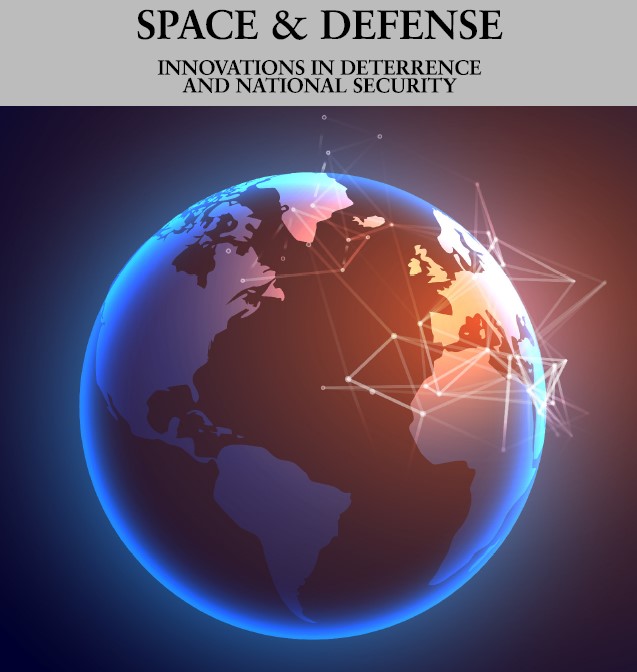Space and Defense

Abstract
As U.S. space capability came of age in the early 1960s it made substantive arms control negotiations possible. Arms control proponents like to argue that treaties, in turn, legitimated spy satellites by acknowledging their existence and sanctioning their use for verification. But the half-century old relationship between satellite technology and arms control has hardly been marked by such reciprocity. While satellite technology has enabled arms control, arms control has imposed nontrivial constraints on America’s strategic exploitation of outer space. In bureaucratic terms, Department of Defense (DOD) exploitation of outer space has been retarded by State Department instruments that were only possible because of military exploitation of space.
DOI
10.32873/uno.dc.sd.01.01.1240
Recommended Citation
DeSutter, R. Joseph
(2006)
"SPACE CONTROL, DIPLOMACY, AND STRATEGIC INTEGRATION,"
Space and Defense: Vol. 1:
No.
0, Article 6.
DOI: 10.32873/uno.dc.sd.01.01.1240
Available at:
https://digitalcommons.unomaha.edu/spaceanddefense/vol1/iss0/6
Included in
Asian Studies Commons, Aviation and Space Education Commons, Defense and Security Studies Commons, Eastern European Studies Commons, International Relations Commons, Leadership Studies Commons, Near and Middle Eastern Studies Commons, Nuclear Engineering Commons, Science and Technology Studies Commons, Space Vehicles Commons
